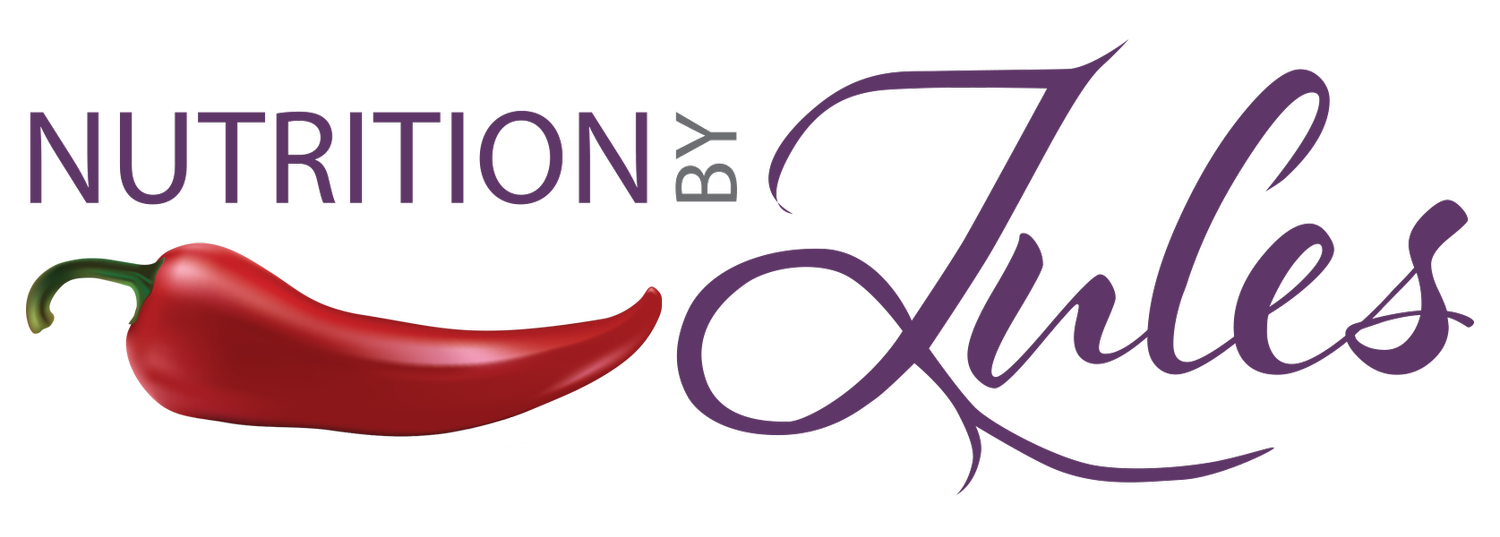Disordered Eating
This term refers to food habits and eating patterns that are abnormal- that go against biological drives to feed ourselves. Anytime we restrict or over-indulge our intake we are at risk of disordered eating. When these behaviors start impacting our health or consuming our daily lives there is true concern.
A simple swap of words can turn a minor infraction into a life threatening illness, as disordered eating can be a gateway to an eating disorder. Eating disorders are clinically diagnosed condition caused by extreme disordered eating. They are a mental as well as physical illness. These include anorexia, bulimia, binge-eating disorder and orthorexia.
While eating disorders are shamed and stigmatized in society, disordered eating is either unknown or easily shrugged off. However both can significantly impact a person's life. There prevalence is more wide spread than most would imagine.
In case you didn't know:
There is a spectrum of abnormal food behaviors that impact everyone in different ways. "Being on a diet", yoyo dieting, calorie counting, regularly skipping meals and emotional eating can all be forms of disordered eating. Use of supplements, drugs, medications or other means to alter our bodies can also fall under this category.
There are multiple environmental triggers on our food habits and body image. Athletic ideals, media influences, and societal pressures are among these. For some, these are compounded by a genetic predisposition.
You can not determine if someone is experiencing disordered eating based on how they look, their age, gender, race, or any physical feature. Therefore casual comments regarding weight and body type should always be avoided as you never know who you may offend. No matter your intention, body specific comments can become triggers for poor eating behaviors.

Consequences...
Regularly engaging in restrictive or compulsive eating behaviors has implications for our physical and mental health that should not be taken lightly. These include:
- Malnutrition
- brittle nails, hair loss, rash, low energy, muscle loss
- Electrolyte and fluid imbalance
- dizziness, low blood pressure, weakness, muscle cramps
- Cardiovascular strain
- heart palpitations, shortness of breath
- Digestive issues and gastrointestinal distress
- constipation, diarrhea, bloating, stomach pain, nausea
- Cognitive decline
- hard to concentrate, foggy head, memory relapse, food obsession
- Hormone imbalance
- low sex drive, poor body temperature regulation, weakness
- Sleep disturbance
- hard to fall and stay asleep, restless, daytime sleepiness
- Metabolic disruption
- body composition change
What Can I Do?
Further familiarize yourself with disordered eating so that it is not taboo and is not normalized. Be able to recognize if such a disorder is occurring.
Besides recognition of the physical act(s) of disordered eating there are not-so tangible signs as well. Be alert to ongoing comments regarding the way the body looks, being unhappy with oneself, or similar negative or sarcastic remarks.
Feelings of failure, guilt and insecurity as well as stress, anxiety and depression are often tied to an unhealthy relationship with food and poor body image. Finding healthy ways to cope with these can help prevent disordered eating.
Safe social and family support is key in overcoming or treating disordered eating. Speaking openly on this topic with those you love, actively practicing healthy eating habits, and seeking the services of health professionals can all help.
With all of the above in mind it is good to remember...
"Healthy is not a look. Healthy is a lifestyle."
These words were spoken by Ally Galloway, owner and coach of Body Rock, at Central Oregon's third annual NEDA (National Eating Disorder Association) walk. Ally's motto resonated with me and my own philosophy around health and well-being.
Your health and well being are developed by how you decide to live, not defined by how you look.
If we, and by we I mean EVERYONE, can internalize this truth and set it to action there could be less disordered eating... and much more happiness!
Resources:
Psychology Today, "Disordered Eating or Eating Disorder: What's the Difference?"
NEDA, National Eating Disorder Association
The Body Project
Ruby Slippers Wellness
Eating Disorder Hope


